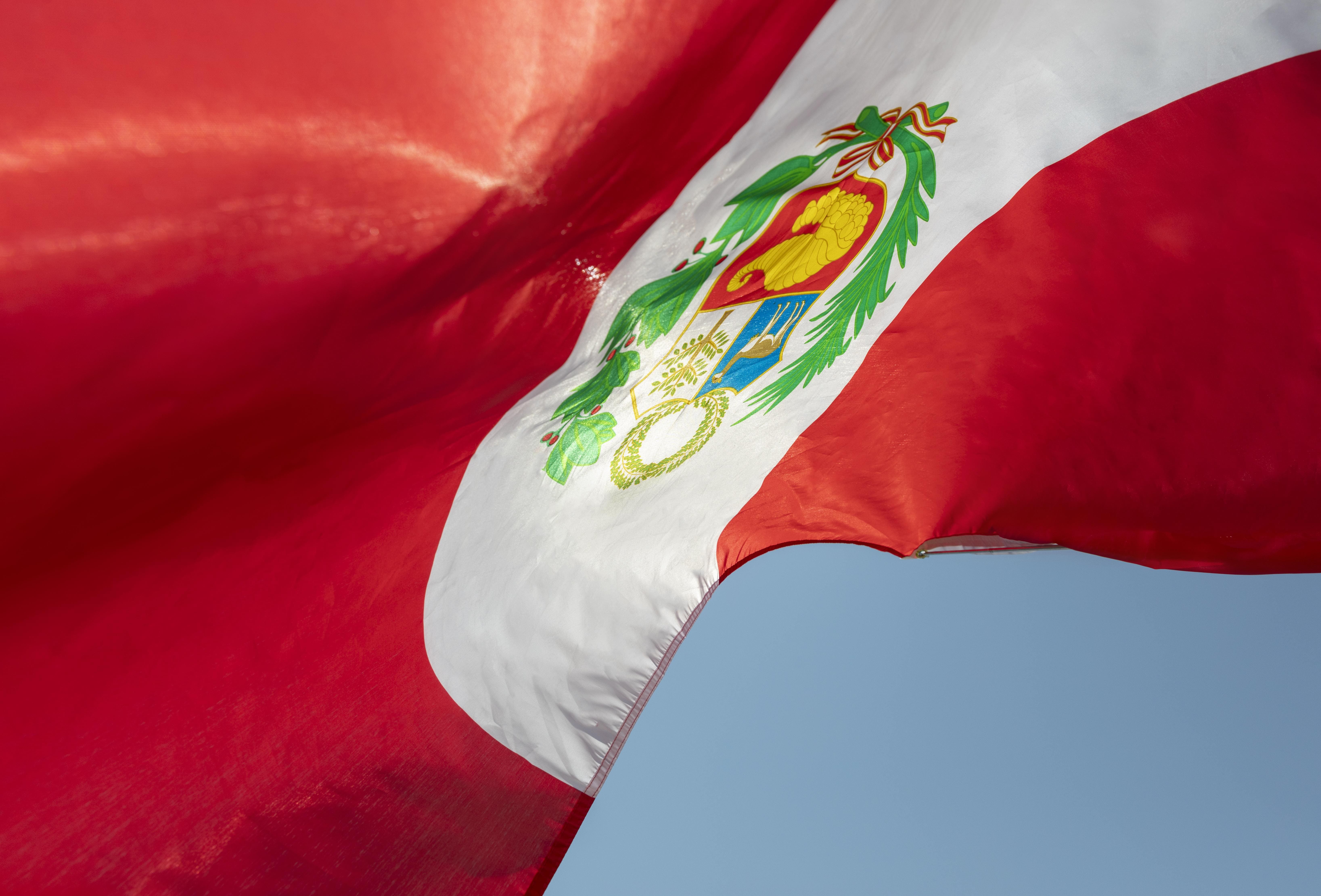In a recent conversation with a Canadian entrepreneur planning to expand her online business into the U.S., Patrick Findaro, co-founder of Visa Franchise, shared valuable insights about navigating the E2 Visa process. The client, currently operating a digital company in Canada, was exploring options to grow her business and secure U.S. residency through an E2 Visa.Here’s a summary of the key points from their discussion, offering a detailed look into the E2 Visa application process, investment requirements, and more.
The E2 Visa: An Ideal Path for Entrepreneurs
The client’s primary concern revolved around how much she would need to invest to qualify for an E2 Visa. However, as Patrick explained, the investment amount could vary, depending on the business model.

"For other clients that have a digital type company," he noted, "we have a local CPA in Canada or wherever the company's base is to do a valuation for that company. That’s the investment, and then you could transfer the assets irrevocably from Canada to the U.S."The entrepreneur was considering both the E1 and E2 Visa options. She mentioned, “I’m now considering E1 and E2. Here’s my situation: My husband and I are Canadian citizens. We opened a company in Canada, and now we’re considering expanding it to the U.S. to apply for immigration.”
Assessing the Business: Revenue, Growth Plans, and Employment Needs
One of the challenges the entrepreneur faced was the fact that her company does not require many employees—just a few part-timers working a few hours a week. This raised the question of whether the business could still qualify for an E2 Visa.The client also shared that her business generates between $30,000 and $40,000 annually in sales, and she was hoping to increase revenue by adding new features to her product, along with subscription options for customers. However, they were living off savings for now, as the business had not yet become highly profitable.In response to her questions about long-term plans, Patrick explained that if the business grew substantially, it might be possible to transition to other visa options, such as the EB-1A or EB-5, in the future. "We’ve helped clients with all types of U.S. immigration solutions," he said, "and after the E2, you could consider transitioning to an EB-1A or EB-5 if your business really takes off."
Investment Requirements: How Much is Enough?
The client’s next concern was how much money she would need to invest to meet the E2 Visa criteria. As Patrick explained, the E2 Visa requires the applicant to make a "substantial" investment in a U.S. business. However, the amount required can vary depending on the type of business.For example, many people have been led to believe that a significant investment—such as $100,000 or more—is needed for the E2 Visa. Patrick offered a more flexible approach, stating, "For a digital company like yours, we’ve seen success with investments as low as $50,000 to $70,000, as long as the investment is properly documented and legitimate."He elaborated, "We typically work with a CPA in Canada to do an independent valuation of your business, which might include factors like subscriber counts, revenue, and projected growth. If that valuation comes to, say, $70,000, that can be used as part of the investment to transfer your business to the U.S."
The Transfer of Assets: A Key Part of the E2 Process
The client expressed concern about the logistics of transferring her business assets to the U.S. Patrick walked her through the process, explaining that the assets could be transferred via legal documentation."You would have a legal document showing that you’ve transferred the assets from your Canadian company to your new U.S. LLC," Patrick said. "This is typically backed by an independent valuation. For instance, if your business is valued at $70,000 by a credible CPA, that can be considered your investment."The process of transferring assets from Canada to the U.S. could involve both tangible and intangible assets, including intellectual property, software, customer lists, and more."Tech companies are often valued at 2x revenue," Patrick noted, referring to a common industry standard. "So, if your company is generating $35,000 in annual revenue, it could be valued at $70,000."
Visa Franchise’s Comprehensive Approach
Patrick emphasized that Visa Franchise takes a comprehensive approach to assist clients through every step of the E2 Visa process."We handle the entire process, from setting up the U.S. business to preparing immigration documents," he said. "Our clients don't need to find separate attorneys, accountants, or business plan writers. We manage everything internally or through our trusted network of partners."Regarding the investment amount, Patrick made it clear that Visa Franchise has worked with many Canadian entrepreneurs who successfully applied for the E2 Visa with investments in the range of $70,000 to $80,000.Additionally, he explained that the fees associated with their services, including business incorporation, marketing, and more, could also be included as part of the investment. "If you’re spending money on things like marketing or ads, those expenses count towards the total investment amount," he added.
Timeline and Next Steps
When the client asked about the timeline for obtaining the E2 Visa, Patrick explained that the process typically takes between three and six months. "Once we have everything in place—your business setup, the asset transfer, the business plan—you're looking at a processing time of about three to six months," he said.He also mentioned that Visa Franchise could help facilitate travel arrangements for clients who needed to meet with potential hires or perform other business-related activities in the U.S. "If you're going to the U.S. to meet potential employees or handle business tasks, that could count as part of the investment process," Patrick clarified.
Final Thoughts
The client ended the conversation feeling reassured and optimistic about moving forward with the E2 Visa process. She appreciated the thoroughness of Patrick’s advice, especially regarding the asset transfer and investment strategies tailored to her digital business.In conclusion, Patrick expressed his excitement about helping clients navigate the E2 Visa process. "It’s always great to help entrepreneurs from Canada and around the world achieve their dreams of living and doing business in the U.S.," he said. "With the right strategy, the E2 Visa can be a powerful tool for business growth and U.S. residency."
Discover if you qualify to invest in a thriving U.S. franchise and secure your E-2 visa.
Check your eligibility
More Insights You Might Like
Explore related articles packed with expert advice, real stories, and practical tips to support your U.S. visa and relocation journey.





